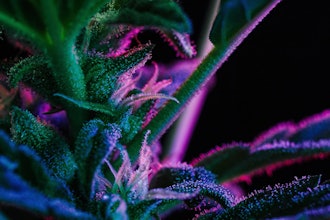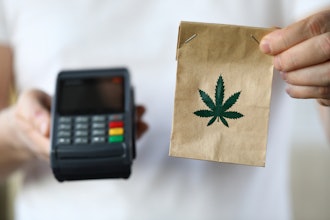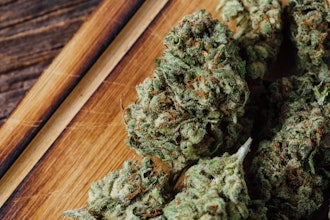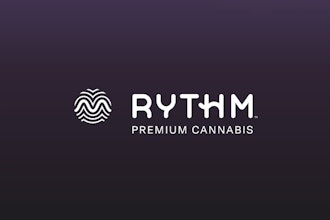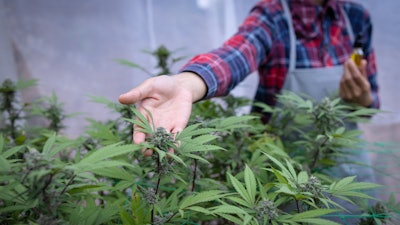
The New Jersey Economic Development Authority (NJEDA) Board approved the creation of the Cannabis Business Development (CBD) Grant Program, a new $5 million initiative designed to provide financial support to eligible recreational cannabis entrepreneurs in New Jersey. The program will grant one-time reimbursements of $75,000 to help alleviate and manage the cost of ongoing state and local compliance, as well as operating expenses, for early-stage companies.
Funded through cannabis sales tax revenue allocated by the FY25 State Appropriations Act, this grant marks the third cannabis equity initiative launched by the NJEDA and reinforces the State’s commitment to building an inclusive, sustainable cannabis industry.
The CBD Grant Program follows the Seed Equity and Joint Ventures Grant Programs, which have delivered nearly $14 million and supported the openings of 40 cannabis businesses across New Jersey to date.
To be eligible for the CBD Grant Program, a business must be open and operating, or close to launching, as evidenced by a valid and current NJ Cannabis Regulatory Commission (NJCRC) annual license and digital card in one of the following categories: Class 1 (Cultivator), Class 2 (Manufacturer), Class 5 (Retailer), or Testing Laboratory. To qualify for the CBD Grant Program, applicants must hold a valid and current NJCRC annual license digital card in one of the four eligible categories.
To ensure that resources flow to small businesses that have historically lacked access to capital, multi-state operators (MSOs) and transitional alternative treatment centers (ATCs) are not eligible to apply. Additionally, applicants must not have previously received funding through the NJEDA’s Joint Ventures or Seed Equity Grant programs.
Five percent of funding will be made available for businesses operating in New Jersey Cannabis Regulatory Commission (NJCRC) designated Impact Zones, which stimulate economic development in historically underserved areas. These zones are designated by the NJCRC on factors such as past cannabis arrests, law enforcement activity, unemployment, and population.













